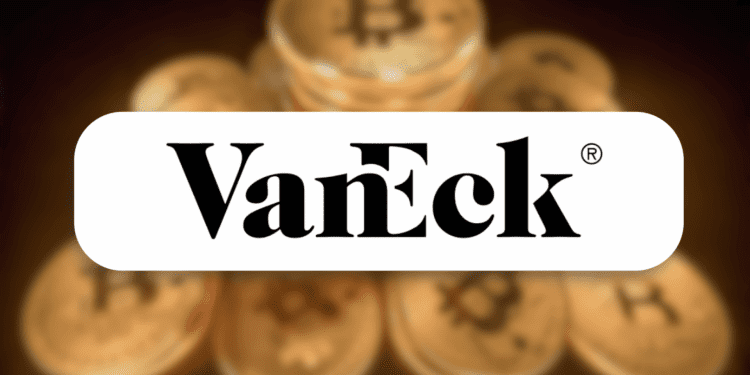- VanEck’s spot bitcoin ETF, HODL, has attracted only $305 million in assets so far, far below competitors like BTF and BITO, prompting VanEck to temporarily cut the management fee to zero to attract more assets.
- VanEck’s spot bitcoin ETF took years to get SEC approval after initially being proposed in 2017, finally launching in February 2024, due to concerns around potential manipulation and lack of surveillance-sharing agreements.
- Bitcoin ETFs have seen high demand from investors as they offer exposure to bitcoin prices without having to directly hold the cryptocurrency, but some argue buying spot bitcoin directly is still better due to ETF fees and tracking error.
VanEck‘s spot bitcoin exchange-traded fund (ETF), HODL, has attracted only $305 million in assets so far. This is far below competitors, prompting VanEck to temporarily cut the management fee to zero.
Fee Cut to Attract More Assets
VanEck hopes the fee cut will help HODL gain more traction. The ETF launched just over a month ago, on February 2, 2024.
HODL’s assets currently pale in comparison to other bitcoin ETFs. The Valkyrie Bitcoin Strategy ETF (BTF) has $65 million in assets. Meanwhile, the ProShares Bitcoin Strategy ETF (BITO) has attracted over $1.2 billion.
By removing HODL’s 0.65% expense ratio, VanEck aims to lure more investors. The fee cut took effect on March 10 and will continue indefinitely.
Long Road to Spot Bitcoin ETF Approval
VanEck’s spot bitcoin ETF took years to come to market after initially being proposed in 2017. Regulators rejected the application multiple times over concerns of potential manipulation and lack of surveillance-sharing agreements.
The Securities and Exchange Commission (SEC) finally approved the first spot bitcoin ETFs in October 2023. This included the VanEck Bitcoin Trust. ProShares also quickly launched the first Bitcoin-linked ETF on the same day.
Bitcoin ETFs See Hot Demand
Bitcoin ETFs have seen high demand from both institutional and retail investors. They offer exposure to bitcoin prices without having to directly hold the cryptocurrency.
ETFs also provide access to bitcoin within retirement accounts like 401ks. They eliminate the need for investors to custody their own bitcoin.
However, some investors argue that buying spot bitcoin directly is still the better option. They cite ETFs’ management fees and tracking error versus bitcoin prices.
Conclusion
VanEck cutting its bitcoin ETF fee to zero shows the intense competition in this nascent market. As more players rush to launch Bitcoin ETFs, providers will likely continue slashing fees to stand out. Whether this tempts more investors remains to be seen.














